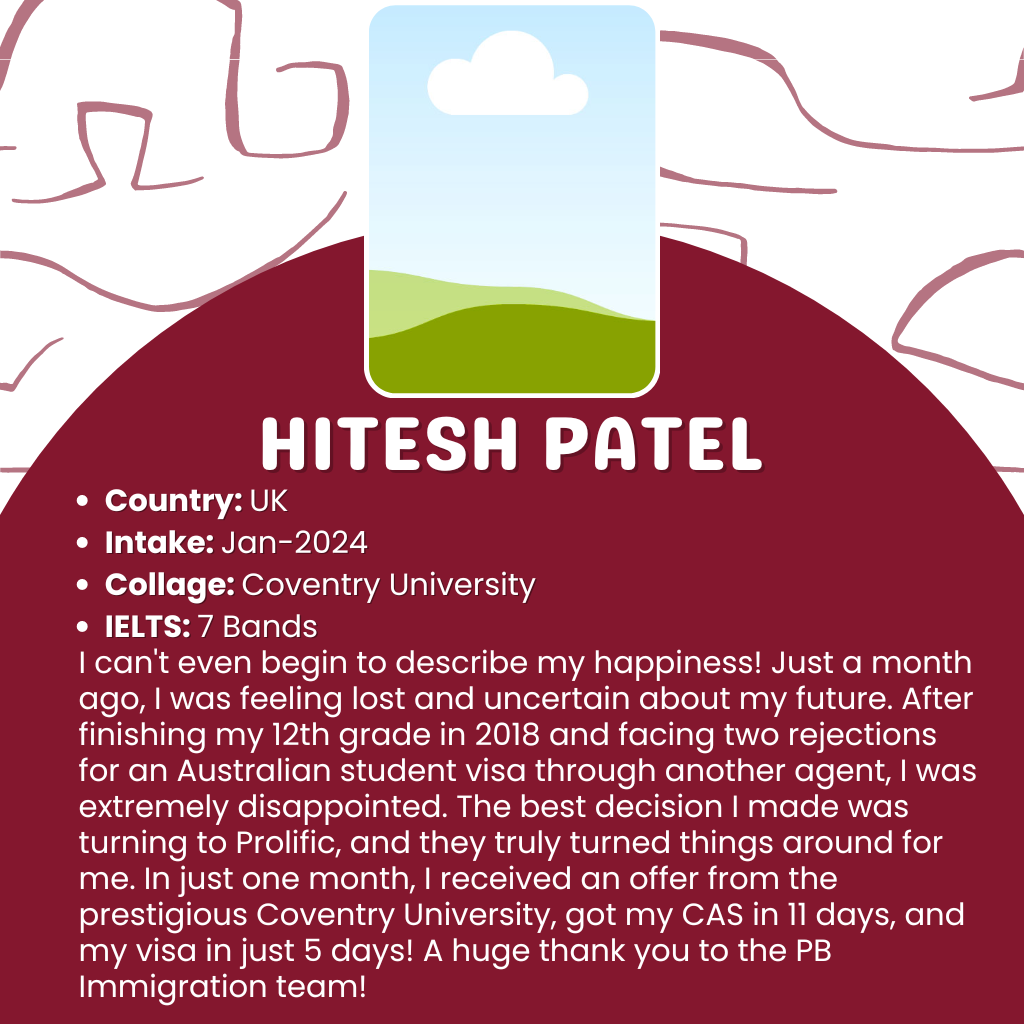IELTS Overview
The IELTS, or International English Language Testing System, is a standard test used to check your English language skills. It tests your ability in four areas: listening, reading, writing, and speaking. The test is run by three organizations: the British Council, IDP Australia, and the University of Cambridge ESOL Examinations.
There are two types of IELTS tests: the Academic module and the General Training module. The Academic module is for students who want to study at the undergraduate or postgraduate level. The General Training module is for those who want to take vocational courses or plan to move to another country.
Why Choose Sprout Overseas ?
What You Get with the Full Course:

Batch Timings
Regular Class Timings (Monday to Friday):
Saturday Timings:
Extra Speaking Sessions (Monday to Friday): 8:30 AM to 7:00 PM
Listening
The Listening test has four sections, each getting a bit harder. You have 40 minutes in total: 30 minutes for listening and answering questions, plus 10 minutes to transfer your answers to an answer sheet. Each section starts with a short introduction about the situation and the speakers. You get a little time to read through the questions before each section begins. The first three sections include a break in the middle so you can review the remaining questions. Each section is played only once. After the listening part, you have 10 minutes to transfer your answers to the answer sheet.
Reading
The Reading test measures your ability to understand written texts. You read multiple passages and answer different types of questions about them. In the Academic module, you get three long texts with about 13 or 14 questions each, totaling 40 questions. In the General module, you also have three sections, but the texts are shorter and there might be up to five texts to read.
Speaking
The Speaking test assesses your English speaking skills. It usually doesn’t take place on the same day as the Listening, Reading, and Writing tests. You will have a one-on-one conversation with the examiner. The test has three parts:
Writing
In the Academic module, the Writing test has two tasks:
In the General Training module, there are also two tasks:
Scoring
IELTS scores range from 0 to 9, known as the band scale. Typically, a score of 6.5 overall with no less than 6 in each section is needed to qualify for studying abroad in your chosen country.
In the actual exam, the Listening, Reading, and Writing sections are conducted in sequence. The whole exam lasts about 2 hours and 45 minutes.
Listening
Reading
Writing
Speaking
Additional Information
1. What ID do I need for the test centers?
You need to bring a valid passport as your ID when you arrive at the test center.
2. How soon can I retake the IELTS test?
You can retake the IELTS test as often as needed. It’s recommended to review your results and prepare further before retaking the test.
3. Is the IELTS test completed in one day?
Yes, the Listening, Reading, and Writing sections are completed in one continuous session. The Speaking test may be scheduled on the same day or a different day, depending on the test center.
4. What is the IELTS Speaking test?
The IELTS Speaking test is a one-on-one conversation with a certified examiner. It includes three parts and is recorded using an audio cassette or digital recorder.
5. What materials will I use?
You’ll use resources created by the British Council, along with guidance from a British Council-trained instructor to support your learning.
6. What support is available outside of class?
Outside of class, you’ll receive free practice tests, British Council-approved study materials, and additional self-study resources provided by the British Council-trained instructor.
7. Why are there two versions of the IELTS test?
IELTS offers two versions: Academic and General Training. The Academic test is for those aiming to study at a higher level in an English-speaking country, while the General Training test is for work, vocational training, secondary education, or migration. The Listening and Speaking tests are the same for both versions, but the Reading and Writing tests differ.
8. Who determines the ‘passing’ score for the IELTS test?
IELTS does not have a pass or fail system. Scores are given on a 9-band scale, and each institution or organization sets its own score requirements. Check their requirements to see what scores they accept.
